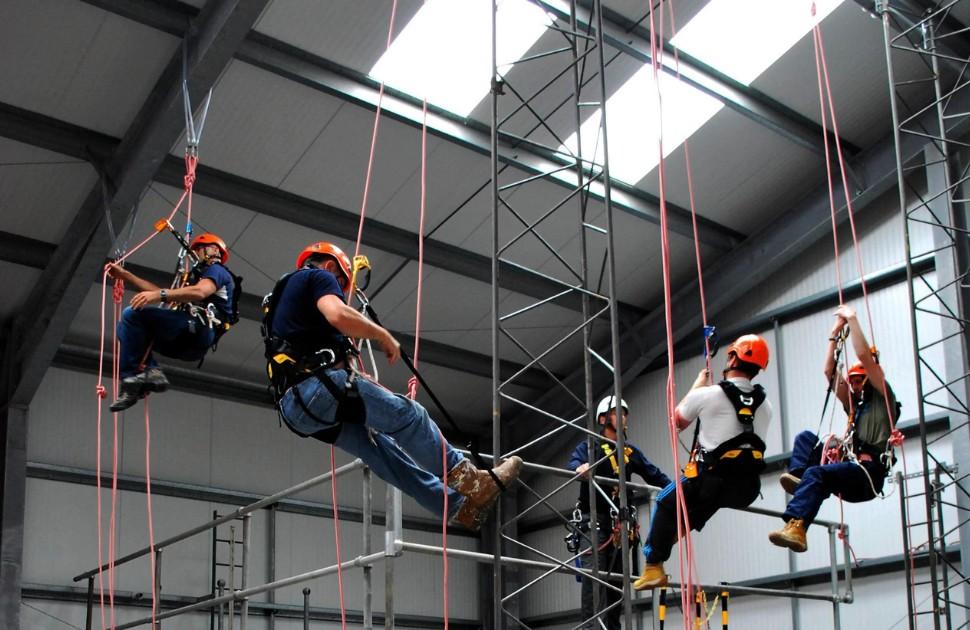Rope access is no longer a niche skill but a growing career pathway across industries such as construction, maintenance, and offshore operations. For those looking to enter this field, IRATA courses provide the essential training and certification needed to start safely and confidently. With global demand for qualified technicians on the rise, rope access is becoming an attractive career choice for people seeking both stability and adventure.
Why Rope Access Skills Matter
Modern industries rely heavily on skilled workers who can perform complex tasks in environments where scaffolding or heavy machinery is not practical. Rope access techniques are designed to provide safe and efficient solutions for working at height or in confined spaces. These methods reduce time, cost, and environmental impact, making rope access one of the most sought-after skills in today’s workforce.
Safety at the Core
Safety remains the top priority in rope access, and this is where proper training proves vital. IRATA-based programmes focus on rigorous safety standards, ensuring that every technician learns to identify hazards, use equipment correctly, and follow strict procedures. By instilling a culture of responsibility and discipline, these courses prepare trainees to protect themselves, their colleagues, and the work environment.
The Training Journey
Rope access training is structured to balance theory with practice. Trainees spend time learning essential knowledge such as rope techniques, equipment inspection, and rescue procedures. Hands-on sessions allow them to apply this knowledge in realistic scenarios, often under the supervision of experienced instructors. This approach not only builds competence but also confidence in working under challenging conditions.
Career Opportunities
Completing rope access training unlocks career opportunities in diverse sectors. Technicians are needed in industries such as oil and gas, wind energy, civil engineering, and building maintenance. The demand extends worldwide, offering opportunities for travel and international employment. For those seeking variety and growth, rope access work provides exposure to different environments and projects.
Skills Beyond the Rope
While climbing techniques and safety drills are central, rope access training also enhances wider professional skills. Trainees develop problem-solving abilities, teamwork, and adaptability — qualities that employers value highly. Communication skills also improve, as rope access work often involves coordinating with teams both on the ground and at height. These transferable skills strengthen long-term career prospects.
Physical and Mental Rewards
Rope access careers suit individuals who enjoy physical activity and working outdoors. The role demands fitness, coordination, and focus, but the rewards extend beyond the physical. Many technicians highlight the satisfaction of overcoming challenging tasks, the camaraderie of working in close-knit teams, and the pride in contributing to large-scale projects. For those who thrive on variety and challenge, this career can be deeply fulfilling.
Building a Future
The pathway created through rope access training is not limited to entry-level work. As technicians gain experience, they can progress into supervisory or training roles. Opportunities also exist to specialise in particular industries, opening doors to higher responsibility and income. With safety, skill, and discipline as the foundation, rope access offers a clear ladder for career growth.
Conclusion
The rope access industry is evolving rapidly, and the demand for trained professionals continues to expand. By starting with high-quality training, individuals can ensure they meet global safety standards while preparing themselves for a dynamic and rewarding career. For those seeking a profession that combines adventure with responsibility, rope access provides both. With the right training, the future in this field looks not only safe but also bright.

